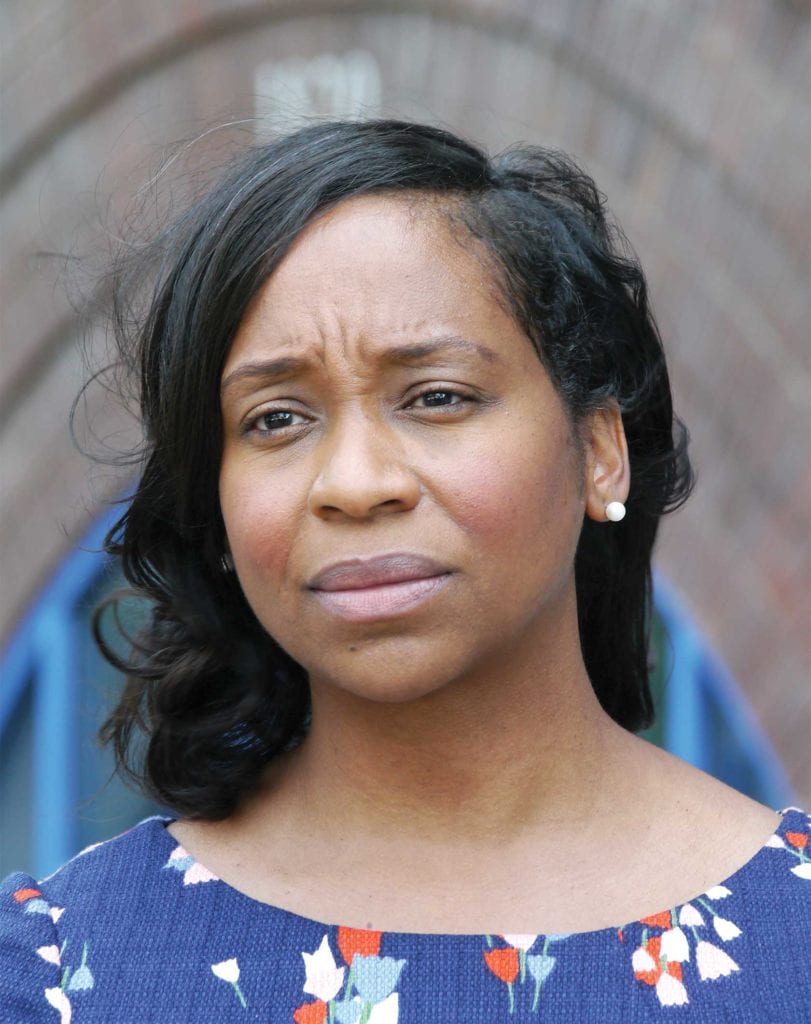Council wrestles with Civilian Review proposals
Mayor’s proposed board will need approval from council

City councilors and the mayor’s police reform task force met Dec. 1 to discuss their versions of a civilian review board that would have the power to investigate the Boston Police Department and publish data on its findings. In the meeting, there was tension around working toward a consensus, as each party approached the issue at different angles and with very little communication.
Back in July, three councilors advanced an ordinance for a civilian review board to replace the Community Ombudsman Oversight Panel (CO-OP), which was created to review investigations conducted by the BPD’s Internal Affairs Division.
In November, Mayor Marty Walsh signed two executive orders, one establishing the Office of Police Accountability and Transparency (OPAT), which will house a Civilian Review Board (CRB) and Internal Affairs Oversight Panel (IAOP)
The City Council’s ordinance, sponsored by District 4 Councilor Andrea Campbell, is somewhat similar to the mayor’s executive order. There were only a few points of serious contention.
First, Campbell says she did not receive comments or changes from Walsh’s staff on her ordinance in July, if there were any, and when the executive order was introduced, the Council did not have input.
Second, as Councilor Julia Mejia mentioned during the meeting, a now-expedited conversation on the executive order may be too rushed for introducing an entirely new city office.
Third, Councilor Ricardo Arroyo pointed out the importance of ironing out the details of how each arm of the new board would work.
Jerome Smith, the city’s chief of civic engagement, and NAACP Boston Branch President Tanisha Sullivan, who is a member of the police reform task force, explained how the OPAT and its offices would work. Subpoena power would be held by three commissioners: the executive director of OPAT, the chair of the Internal Affairs Oversight Panel (IAOP) and the chair of the CRB. At least two would need to agree.
Sullivan added that the task force met with a similar oversight board in New York to iron out what kind of resources they would need. Having the umbrella of the OPAT, she said, would consolidate the immense investigative resources its branches would need. Support staff would be needed to help produce public reports on the BPD.
In response to one of Arroyo’s questions about investigating police officers who may be under scrutiny by another office, Sullivan clarified that it would be the OPAT executive director’s job to monitor any complaints or investigations as they start, to ensure that each office is regulated.
Just before this working session, state legislators passed a joint police reform bill that will establish a police certification and decertification system. That new system may interfere with the local OPAT’s work.
“If we had that done in the summer,” Smith said, “it would have probably changed some of the task force’s recommendations.” Moving forward, he wants to insert terms that tie the OPAT’s work with the state’s.
District 1 Councilor Lydia Edwards also expressed that the council should have more say in appointing CRB members and reviewing the CRB’s work. As of right now, the mayor can veto any appointment councilors make.
The main differences between the council’s ordinance and the mayor’s is that the council creates a single permanent CRB, while the mayor’s task force is calling for a three-pronged system. Because the review board was introduced by executive order, it could eventually be reversed.
Smith said the mayor was open to codifying an official ordinance in the future.
“This administration doesn’t need the council to call on it to do anything when it comes to police reform,” Smith said. “I do believe that the administration is going to stand firm … that the Office of Police Accountability and Transparency needs to be created.”
To establish the two offices underneath the OPAT (the Civilian Review Board and the Internal Affairs Oversight Panel), Walsh must pass an ordinance through the council.






